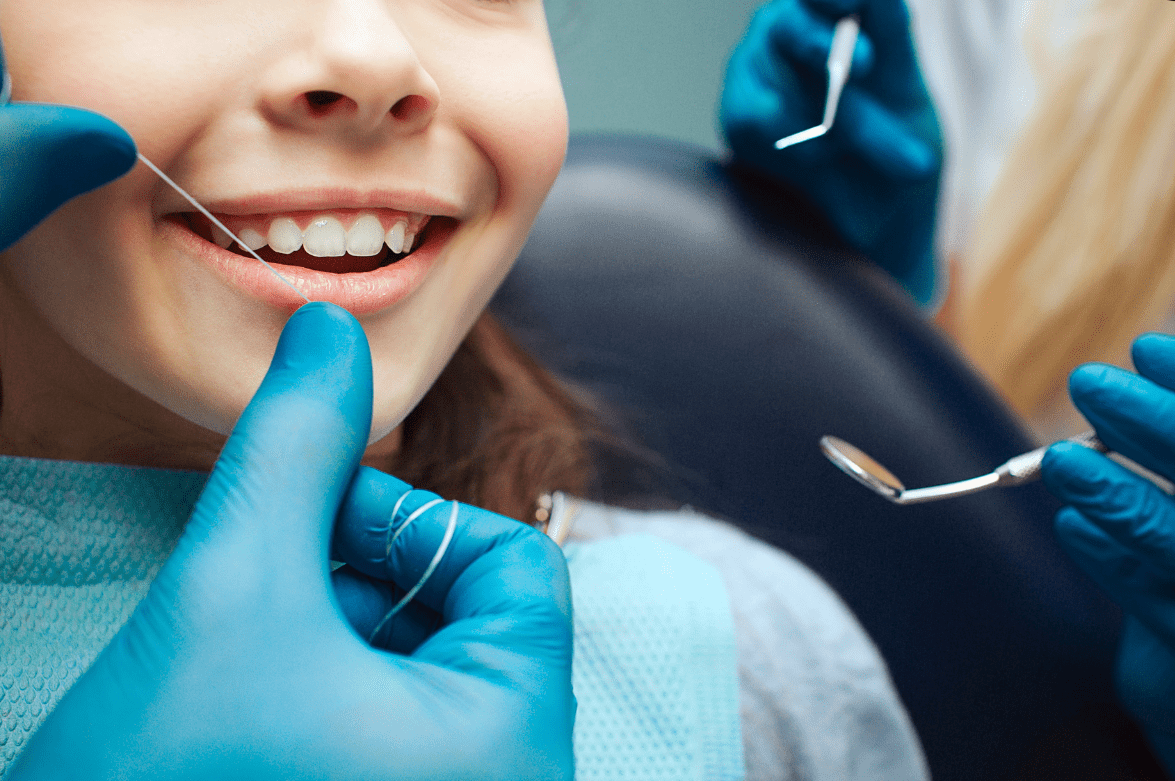Good oral hygiene is essential for maintaining healthy teeth and gums throughout life. Establishing these habits early in life is crucial for children, as it sets the foundation for a lifetime of healthy smiles. Teaching kids about proper dental care can prevent cavities, gum disease, and other dental issues. This article explores the importance of dental health for kids and provides practical tips for parents to instill good oral hygiene practices in their children.
The Importance of Dental Health for Kids
Preventing Cavities and Tooth Decay
Cavities are one of the most common chronic diseases in children. They occur when bacteria in the mouth produce acids that erode the tooth enamel. Regular brushing and flossing remove food particles and bacteria, preventing the formation of cavities and tooth decay.
Avoiding Gum Disease
Poor oral hygiene can lead to gingivitis, the early stage of gum disease characterized by red, swollen, and bleeding gums. If untreated, it can progress to more severe forms of gum disease, potentially leading to tooth loss. Teaching children proper brushing techniques can help prevent gum disease.
Promoting Overall Health
Oral health is closely linked to overall health. Bacteria from the mouth can enter the bloodstream and cause infections or contribute to systemic conditions such as heart disease and diabetes. Maintaining good dental hygiene helps reduce the risk of these health issues.
Building Confidence and Self-Esteem
A healthy smile can boost a child’s confidence and self-esteem. Children who care for their teeth are more likely to smile and interact confidently with others, which can positively impact their social interactions and overall well-being.
Tips for Teaching Good Oral Hygiene Practices
Start Early
Begin oral care as soon as the first tooth appears. Use a soft, damp cloth to clean the baby’s gums and teeth. As more teeth come in, switch to a small, soft-bristled toothbrush. Starting early helps children get accustomed to the routine.
Teach Proper Brushing Techniques
Show your child how to brush their teeth properly. Use a pea-sized amount of fluoride toothpaste and teach them to brush all surfaces of their teeth in gentle, circular motions for at least two minutes. Please encourage them to brush their tongue to remove bacteria and keep their breath fresh.
Make Brushing Fun
Turn brushing into a fun activity rather than a chore. Use colorful toothbrushes and flavored toothpaste that your child likes. Play their favorite song or set a timer to ensure they brush for the recommended two minutes. Consider using apps designed to make brushing entertaining for kids.
Lead by Example
Children often mimic their parents’ behaviors. Brush and floss your teeth alongside your child to demonstrate that oral hygiene is essential. Please explain what you are doing and why so they understand the benefits of caring for their teeth.
Encourage Healthy Eating Habits
A balanced diet is crucial for dental health. Limit sugary snacks and drinks, as sugar promotes tooth decay. Provide a variety of fruits, vegetables, dairy products, and lean proteins. Encourage drinking water instead of sugary beverages to keep the mouth hydrated and help wash away food particles.
Schedule Regular Dental Visits
Regular dental check-ups are essential for oral health. Dentists can detect and treat issues early, provide professional cleanings, and offer personalized advice on oral care. Schedule your child’s first dental visit by their first birthday and continue with regular visits every six months.
Teach Flossing
Flossing removes plaque and food particles between teeth where a toothbrush cannot reach. Teach your child to floss once a day using a gentle, up-and-down motion. Floss picks or interdental brushes can be easier for young children to handle.
Conclusion
Teaching good oral hygiene practices to children is not just a task but a significant investment in their dental and overall health. By starting early, demonstrating proper techniques, making brushing fun, leading by example, encouraging healthy eating, scheduling regular dental visits, and teaching flossing, parents can help their children develop habits that will pay off in the long run, keeping their smiles healthy for a lifetime.

